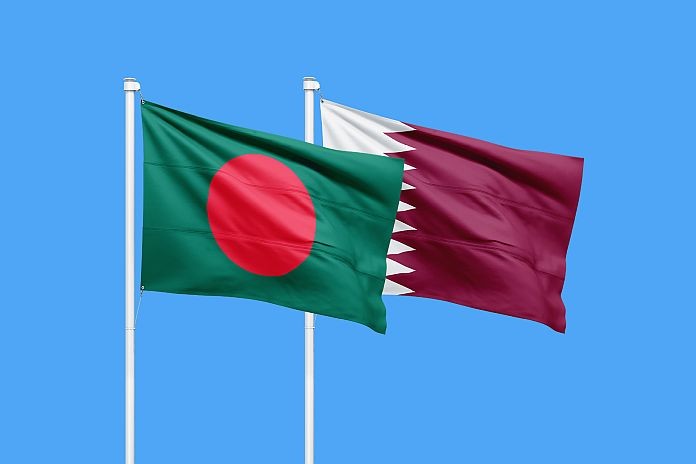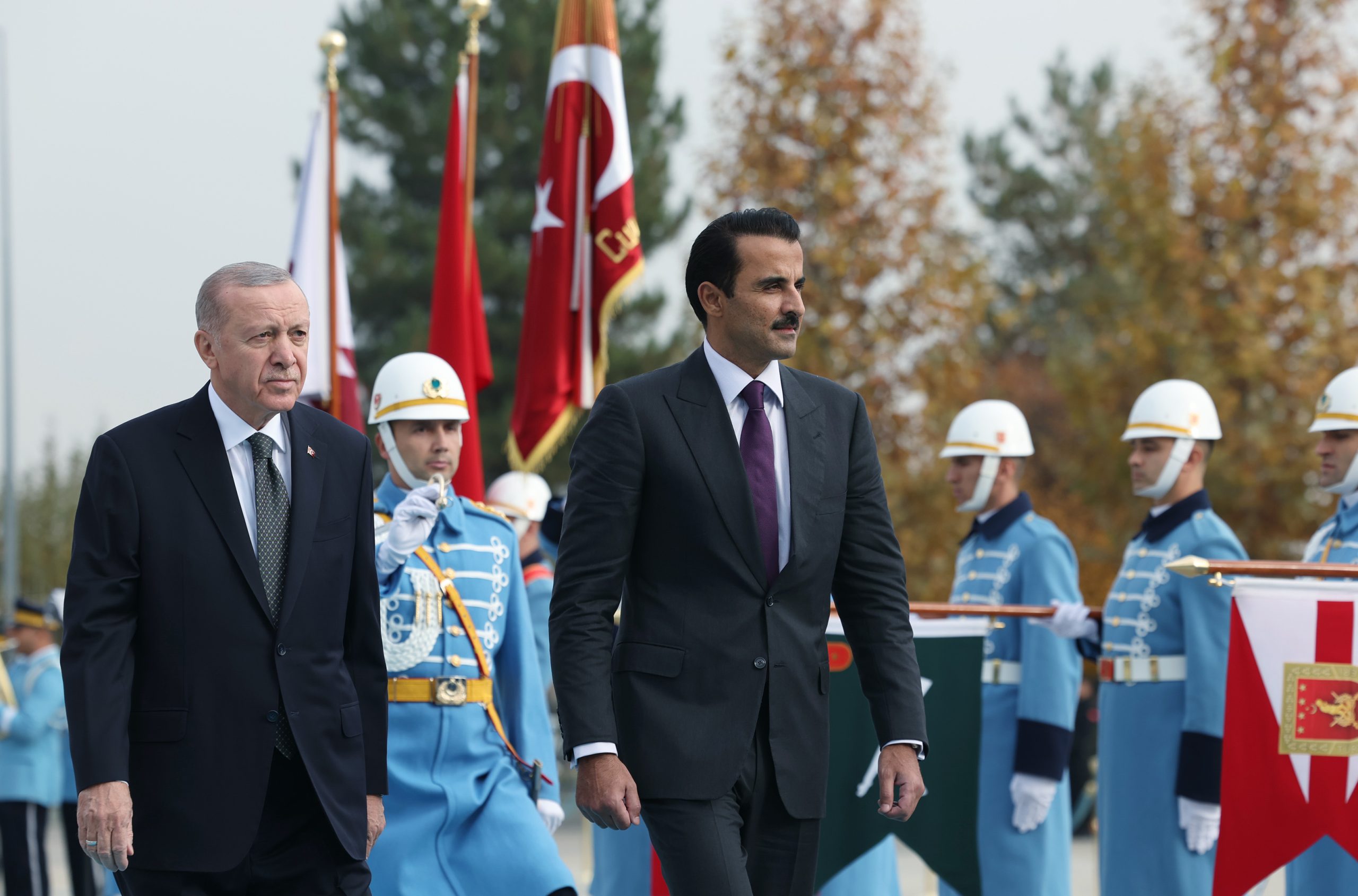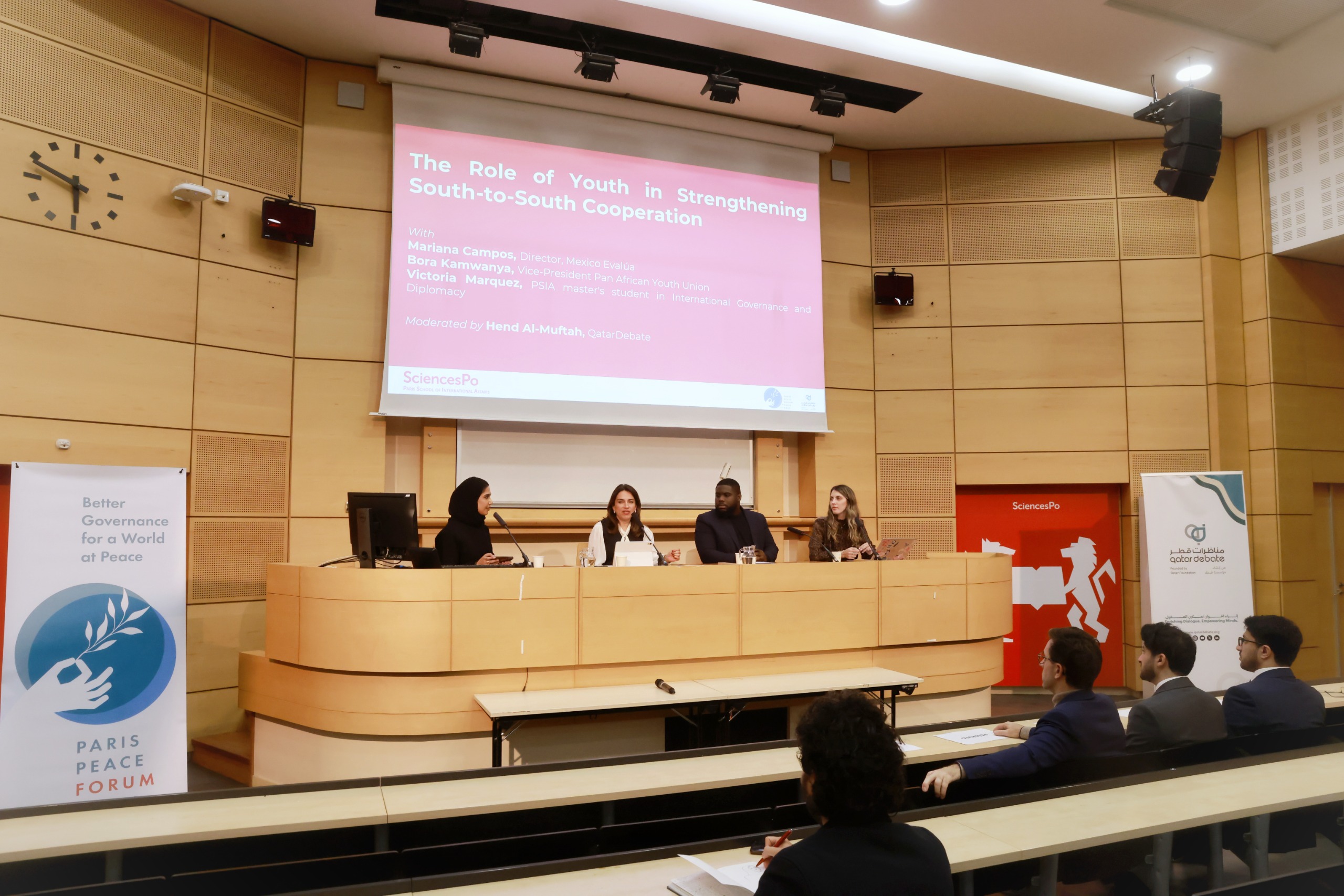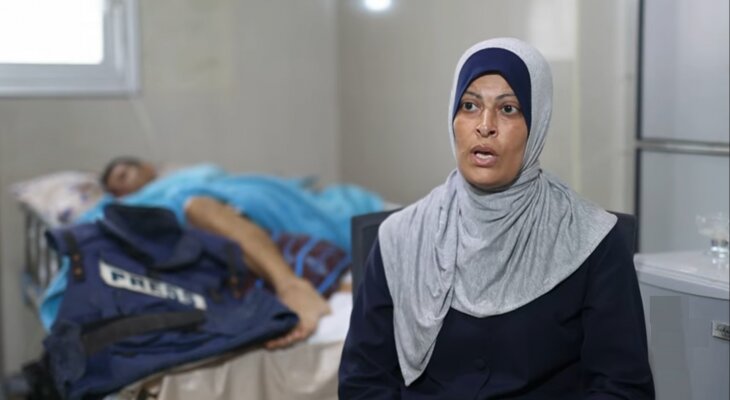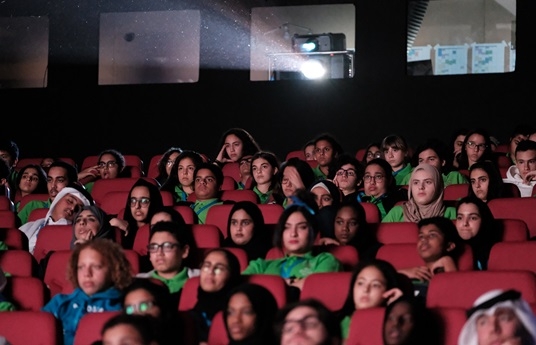The gas is likely to come from Qatar’s multi-billion North Field project, the biggest of its kind in the industry.
QatarEnergy and Bangladesh’s state-owned gas company Petrobangla signed a major 15-year liquified natural gas (LNG) deal in Doha on Thursday.
According to Qatar’s state news agency (QNA), the Qatari company will provide Bangladesh with an annual LNG supply of 1.8 million tonnes starting from January 2026.
Speaking at the signing, Qatar’s minister state for energy affairs and QatarEnergy’s CEO Saad Sherida Al-Kaabi added that the gas could come from the multi-billion North Field project, the biggest of its kind in the industry.
The project is set to increase Qatar’s annual LNG production capacity from 77 million metric tonnes to 126 million tonnes by 2027.
Last year, Dhaka’s news agency said Bangladesh sought to increase its LNG imports from Qatar by extending existing long-term agreements.
The matter was discussed at the time in a meeting between Bangladesh’s Prime Minister Sheikh Hasina Wazed and Qatar’s newly-appointed Ambassador to Bangladesh Saree bin Ali Al Qahtani in Dhaka.
Both countries already share a 15-year LNG agreement that was signed between RasGas and Petrobangla in 2017.
That deal stipulates an annual 2.5 million tonnes supply of gas from Doha to Dhaka from 2018 throughout the duration of the agreement. It was also Bangladesh’s first LNG import deal.
Reports from 2022 said Bangladesh eyed an additional one million metric tonnes per annum of Qatari gas.
In February 2021, a separate agreement was signed between what was then-known as Qatar Petroleum with Dutch energy giant Vitol to provide its customers in Bangladesh with 1.25 million tonnes per annum of LNG.
However, Qatar Petroleum changed its name to QatarEnergy by October of the same year.
Meanwhile in 2019 alone Bangladesh imported 3.89 million tonnes of LNG under separate long-term contracts with Qatargas and Oman Trading International.
Asia has been Qatar’s highest market in the energy sector.
The demand for Qatari gas has also been on the rise since the beginning of the year as tensions between Russia and Ukraine increased. European nations previously received 40% of gas supply from Moscow, triggering a scramble for gas from Qatar.

